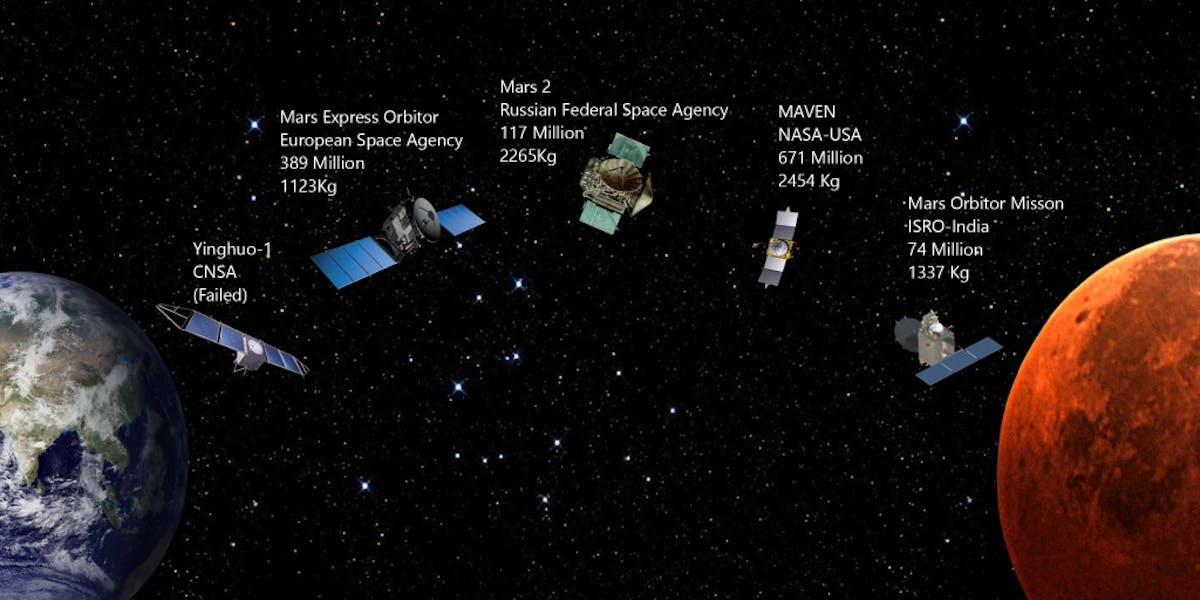
ISRO – A Dream Come True

Mr. Bradeesh Moorthy , Faculty of Mechanical Engineering , Government College of Technology shares his experience on working as an apprentice in ISRO.
What is the recruitment process for joining ISRO?
Similar to all government jobs, ISRO conducts an entrance test as the first step. After clearing the entrance test the candidates will be attending an interview in which the candidate is questioned by a team of 9 members.
What is the range of competition one has to face and how do you rate the difficulty level ?
The written test is quite easy for everyone but the interview is little tougher since it needs practical and application oriented knowledge. Usually the questions would be little innovative and provided with less data. The candidate’s problem solving ability plays a vital role in it.
What was your position on joining ISRO?
I got into ISRO as an apprentice by clearing the written test and interview. Having projects under one’s resume is an additional advantage which ultimately helps in final interview.
What are the ideas you would give to ISRO aspirants?
To get selected in ISRO, the students must be well versed with core engineering papers. They are Heat and Mass transfer, Design of Machine elements, Fluid mechanics, Soil mechanics, Engineering mechanics and Planning operations. The candidates must have a deep knowledge on basic sciences.
What was your expectation before moving in and what was the reality there?
Working in ISRO was seriously a dream come true, the working environment was really awesome. The facilities for research were awe inspiring. It was not like an usual working environment, it was a place purely dedicated to the people who loves innovative research.
What was your position at ISRO?
I was working in testing centre of ISRO. About 3 to 4 component testing would be conducted once a month. There would be work for hardly 15 days in a month. The job in research centre would be more interesting as there would be more innovation and a hunt for ideas.
Do you feel that it was a challenging job?
It was a challenging one because our work must possess high accuracy since the components tested were used for high precision operations and it was always a challenge to give new designs and outcomes. And adding to that it would always take a great effort to get ideas approved from higher authorities.
How did you feel to work as a scientist in ISRO which was much different from your regular job?
As a person interested in the field of science and research I really enjoyed working there and used the resources available to me to the best. But if we do not have interest in research then definitely we would feel lazy.
How did you balance the work and life out there?
Since I worked in a research centre I used to work only during the testing period. So I got a good amount of time which I used in a prospective way. It was perfectly a balanced state for me.
How would you describe your love for ISRO?
To be honest I always had a dream for working in government sector and it was my mother’s wish too. So I took various exams which had openings in NLC, Railways, TRB, ISRO and I have cleared them too. When I started working as a teacher, I found that I had a thirst for research and hence I found ISRO as a correct choice.
How would you describe your change in life after your experience in ISRO?
At ISRO I understood the fact that there was no difference between the theory and practical areas. Because whatever the components we design using papers and softwares were fabricated and we were happy to see the practical outcome of our theoretical ideas. It gave immense sense of confidence to me.
Is the current syllabus in engineering helpful for pursuing a career in Research ?
Definitely the things what we learn at present era in engineering is much useful and helpful. But in addition to that we must have the interest of gaining additional knowledge to withstand the competition. Hiding behind the books alone will not help us, we must always have a hunger for knowledge and innovation.
DISCLAIMER: The opinions or views expressed are views of the individual writers and not of the institution. All forms of content published in this website and Student Journalist Council - GCT's social media handles are strictly properties of Student Journalist Council - GCT and are works of the various teams of the respective academic years.
No article, story or any form of content produced by Student Journalist Council - GCT is meant to be reproduced or distributed, either in parts or whole, without prior permission from Student Journalist Council - GCT for any purposes.



